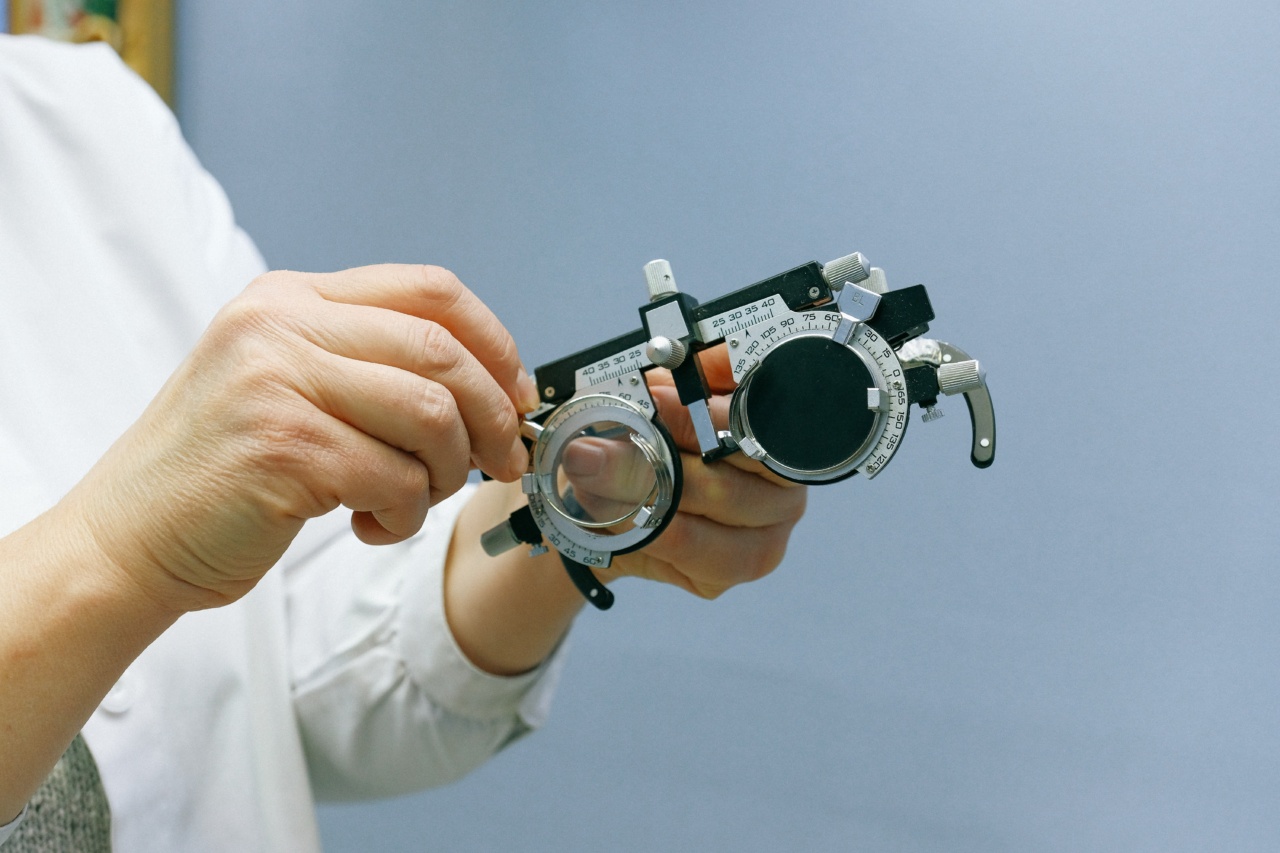Thyroid function plays a crucial role in regulating various bodily functions. This small butterfly-shaped gland located in the neck produces hormones that influence metabolism, growth, development, and body temperature.
An imbalance in thyroid function can lead to a range of symptoms and health issues.
If you suspect you may have an issue with your thyroid, it’s important to assess its function accurately.
While consulting with a healthcare professional is essential for a proper diagnosis, there are several tests you can take to evaluate your thyroid function at home. This article will guide you through some simple assessments that can help you identify potential thyroid problems.
1. Basal Body Temperature Test
A simple and reliable way to assess thyroid function is by measuring your basal body temperature. This test helps indicate whether your metabolism is functioning optimally.
However, it’s important to note that this test alone cannot diagnose thyroid disorders but can serve as an initial screening tool.
To perform this test:.
1. Take your temperature under your armpit immediately after waking up, before engaging in any physical activity.
2. Repeat this for several days and record your temperature each time.
3. Women should perform this test on the second and third day of their menstrual cycles.
Normal basal body temperature ranges between 97.8°F (36.5°C) and 98.2°F (36.8°C).
Consistently low body temperatures may indicate an underactive thyroid (hypothyroidism), while consistently high temperatures may signify an overactive thyroid (hyperthyroidism).
2. Neck Check
An enlarged thyroid gland, known as a goiter, can sometimes indicate an underlying thyroid problem. Performing a neck check can help you identify any abnormal swelling or nodules in the thyroid region.
It’s important to note that a neck check alone cannot provide a definitive diagnosis but can help prompt further medical evaluation.
To perform a neck check:.
1. Stand in front of a mirror in a well-lit room.
2. Tilt your head back slightly and take a sip of water.
3. As you swallow, focus on the area below your Adam’s apple and above your collarbone.
4. Look for any protrusions or abnormal swelling in this area.
If you notice any unusual swelling or nodules, consult your healthcare provider for further evaluation.
3. Pulse Test
The pulse test can provide a general indication of thyroid function by assessing your heart rate. Both hypothyroidism and hyperthyroidism can impact heart rate, although other factors can also influence pulse rate, making this test less specific.
To perform the pulse test:.
1. Find a quiet place and sit down.
2. Locate your pulse on the inside of your wrist, just below the base of your thumb.
3. Count the number of beats you feel within 60 seconds.
Normal pulse rates typically range between 60 and 100 beats per minute. A consistently slower pulse may indicate an underactive thyroid, while a consistently rapid pulse may suggest an overactive thyroid.
4. Cholesterol Levels
Abnormal cholesterol levels can sometimes be a sign of thyroid dysfunction. Thyroid hormones play a significant role in regulating lipid metabolism and maintaining healthy cholesterol levels.
If you have concerns about your cholesterol levels, consult with your healthcare provider, who may recommend a comprehensive lipid profile blood test.
This test measures your total cholesterol, LDL (bad) cholesterol, HDL (good) cholesterol, and triglyceride levels. If your thyroid function is impaired, you may observe imbalances in these values.
5. Thyroid Self-Examination
Performing a self-examination is a simple way to monitor the health of your thyroid. While it cannot provide a diagnosis, it helps identify any abnormalities that warrant further investigation.
To perform a thyroid self-examination:.
1. Stand in front of a mirror with your neck slightly extended.
2. Locate your thyroid gland below your Adam’s apple.
3. Use your fingers to palpate the thyroid region, feeling for any lumps, bumps, or swelling.
If you notice anything unusual or encounter difficulty during the self-examination, it’s advisable to consult your healthcare provider for a thorough evaluation.
6. Symptom Checklist
Thyroid dysfunction can manifest through a variety of symptoms. While not specific to thyroid issues, the presence of multiple symptoms may warrant further investigation.
Check for the following symptoms commonly associated with an underactive thyroid (hypothyroidism) or an overactive thyroid (hyperthyroidism):.
- Unexplained weight gain or weight loss
- Changes in appetite
- Fatigue or exhaustion
- Joint pain or muscle aches
- Dry skin or hair loss
- Mood swings or depression
- Irregular menstrual periods
- Feeling excessively cold or heat intolerance
- Sleeping difficulties
If you experience several of these symptoms or they persist over time, consult with a healthcare professional for further evaluation.
7. Thyroid Blood Tests
While the previous self-assessment methods are informative, it’s essential to consult a healthcare professional for accurate thyroid function evaluation. A blood test provides the most accurate assessment of thyroid hormone levels.
Common thyroid blood tests include:.
- TSH (Thyroid-Stimulating Hormone): Measures the amount of TSH secreted by the pituitary gland. Elevated TSH levels typically indicate an underactive thyroid, while decreased levels indicate an overactive thyroid.
- T4 (Thyroxine): Measures the levels of the inactive thyroid hormone in the bloodstream. Low T4 levels may indicate an underactive thyroid.
- T3 (Triiodothyronine): Measures the levels of the active thyroid hormone in the bloodstream. Low T3 levels may accompany an underactive thyroid.
These blood tests help healthcare providers diagnose various thyroid disorders accurately and determine the appropriate treatment plan.
8. Ultrasound Imaging
In some cases, ultrasound imaging may be necessary to assess the structure and size of the thyroid gland. This non-invasive imaging technique uses sound waves to create images of the thyroid and surrounding areas.
Ultrasound can help identify nodules, evaluate gland enlargement, or guide biopsies if needed.
9. Thyroid Scan
A thyroid scan involves the injection of a small amount of radioactive material into your bloodstream. This radioactive substance allows healthcare professionals to visualize the thyroid gland and assess its function.
A scan can help diagnose certain thyroid conditions, such as hyperthyroidism or thyroid nodules.
10. Thyroid Biopsy
If an abnormality, such as a nodule or enlargement, is detected during other assessments, a tissue sample may be required for further examination.
A thyroid biopsy involves extracting a small tissue sample from the thyroid gland to evaluate it for the presence of cancerous or benign cells.
It’s important to note that these additional assessments, such as ultrasound imaging, thyroid scans, and biopsies, can only be performed by trained healthcare professionals.
Conclusion
Assessing your thyroid function is vital for maintaining overall health and well-being.
While home-based assessments provide initial insights, consulting with a healthcare professional and undergoing appropriate laboratory tests is necessary for an accurate diagnosis.
If you suspect any thyroid dysfunction based on the self-assessments or experience noticeable symptoms, make an appointment with a qualified healthcare provider.
Early detection and appropriate management of thyroid disorders can greatly improve your quality of life and prevent potential complications.






























